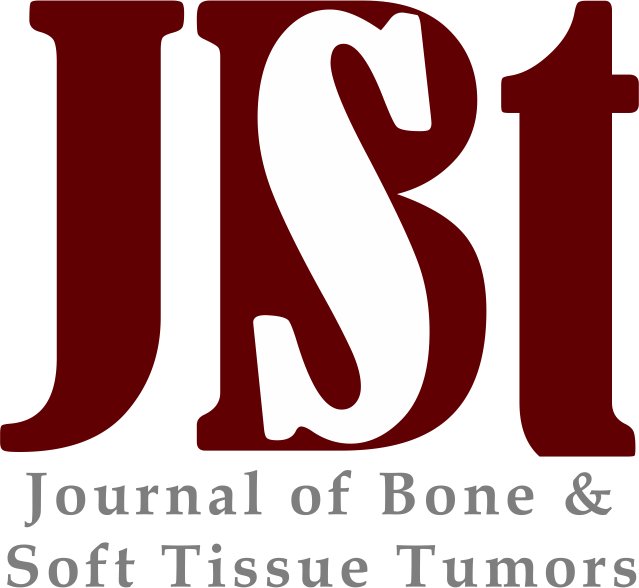Policy against Plagiarism
The Journal follows strict anti-plagiarism policy and defines plagiarism as duplicate publication of the author’s own work, in whole or in part without proper citation, or mispresenting other’s ideas, words, and other creative expression as one’s own. All manuscripts submitted to JBST undergo plagiarism check with the commercially available software iThenticate. Only in cases of minor duplication or similarity with previous published work, the authors may be provided an opportunity to rectify the same; in all other cases, the manuscript is desk rejected along with the plagiarism report (please also see the Scientific Misconduct section for additional details).
Scientific Misconduct
If plagiarism is detected after publication, the Journal will investigate the same, and if established, the authors’ institution and funding bodies would be notified, and the article will be retracted. To report plagiarism, please contact the Journal office, preferably through email for better documentation of correspondence.
For duplicate publication, fabricated data, undisclosed conflict of interest, plagiarism and/or other issues of publication and scientific misconduct, JBST follows the guidance produced by Committee on Publication Ethics (COPE) https://publicationethics.org/core-practices , World Association of Medical Editors (WAME) http://www.wame.org/policies-and-resources and International Committee of Medical Journal Editors (ICMJE) http://www.icmje.org/icmje-recommendations.pdf .
Journal of Bone and Soft Tissue Tumors (JBST) endeavors to avoid all possible misconduct. All manuscripts are checked for plagiarism using iThenticate. If the Editor or a reviewer is concerned that some aspect of a submitted article may constitute a misconduct in research, publication or professional behavior, the Journal communicates the same to the author(s) and seeks clarification. However, if the concerns are not satisfactorily resolved by discussion with the author(s), the Journal may report the same to appropriate authorities such as their institutions and, for duplicate publication, the journal in which the previous publication had appeared.
The Journal also encourages its readers to report any published article in which they suspect misconduct through e-mail or letter. Anonymity of the complainant would be maintained at all times.

